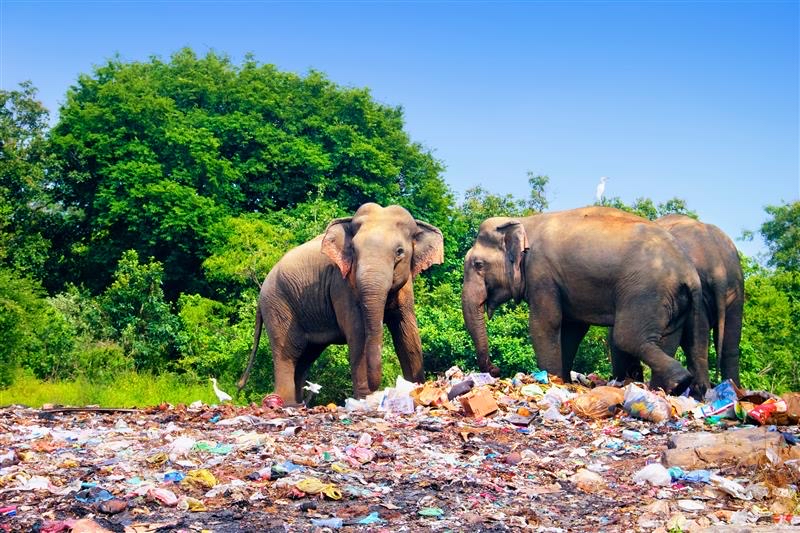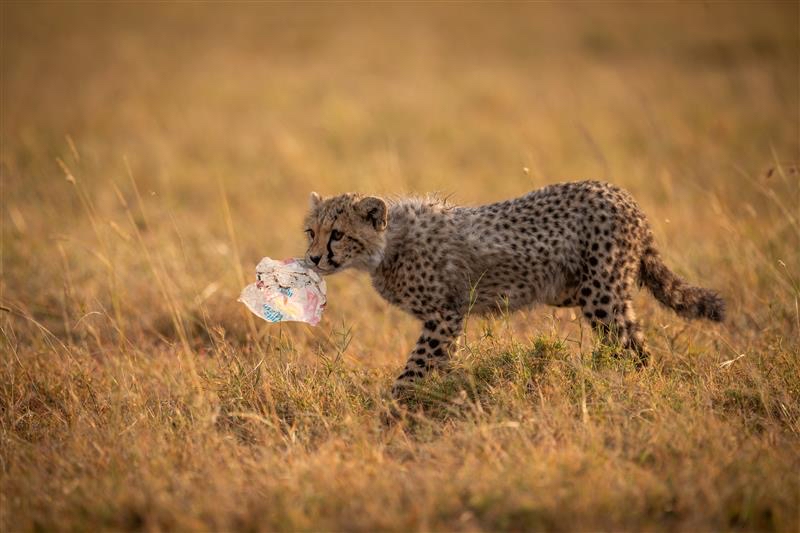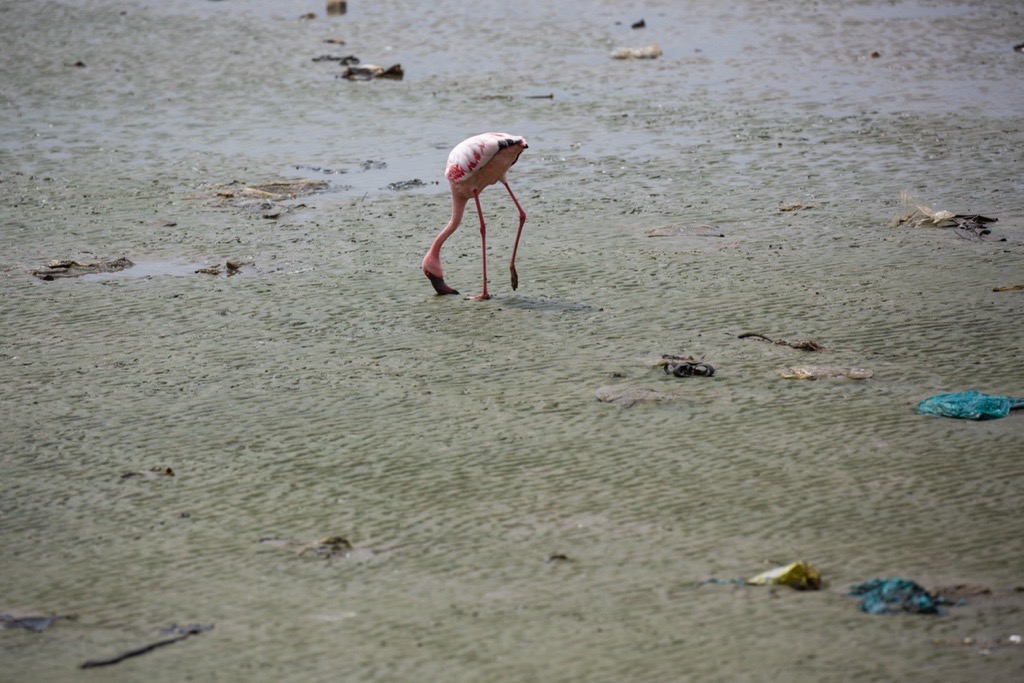Plastic pollution is not just a waste issue — it's a wildlife issue.
On this World Environment Day, we are reminded that for CITES-listed species, plastic waste in ecosystems adds another layer of threat to their survival.
An estimated 75 to 199 million tonnes of plastic are currently found in our oceans — a staggering amount that poses a direct threat to marine species such as marine turtles, cetaceans, seabirds, sharks and rays. Many of these are listed under CITES and also face pressure from wildlife crime, unsustainable bycatch and habitat loss.
If we cannot keep plastics out of nature, we risk losing the very species CITES was created 50 years ago to conserve.
CITES is a cornerstone of international cooperation for the conservation of wildlife. This also means addressing the environmental conditions that threaten their survival.
The health of the environment and the future of biodiversity are inseparable.
As we mark this day, let it be a call to action: tackling plastic pollution is essential to build a healthy future for our planet’s biodiversity. I urge all sectors — from governments to individuals — to reduce plastic consumption, invest in sustainable alternatives, and help conserve our shared natural heritage.
Happy World Environment Day 2025!
 |  |  |